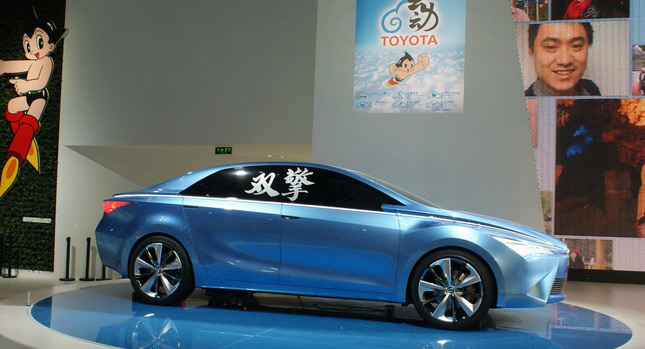The consequences of a territorial dispute over a group of islands in the East China Sea seem to become more serious as anti-Japanese sentiments grow stronger in China.
On Sunday, Japanese Prime Minister Yoshihiko Noda demanded that the Chinese government ensures the safety of Japanese citizens in the country after thousands of protesters took to the roads. Although most of the demonstrations were peaceful, Toyota and Panasonic reported damages caused by fire set in their Qingdao city facilities.
Moreover, sales of Japanese models in the world’s biggest car market have fallen in August while those of German, U.S. and South Korean manufacturers increased by more than 10 percent.
Earlier this month Nissan was the first to note a drop in its Chinese sales and be advised by local authorities to “tone down” its marketing activities due to the protests.
“This is another blow for the global economy”, said former Morgan Stanley chief Asia economist Andy Xie. “The costs for China may be less but it could be worse for Japan as the bright spot for the economy has been the auto industry.”
According to the China News Service, Toyota chairman Fujio Cho plans to visit China on September 22 along with other Japanese car manufacturers’ representatives. They will meet with government officials and visit Chinese cities in an effort to lessen the impact of anti-Japanese protests.
“The Toyota chairman and the delegation of Japanese company executives he will lead want to express goodwill for the Chinese government and Chinese consumers, but it is unknown whether Chinese consumers will accept it”, said the Beijing-based news agency.
Tensions rose after Japan’s cabinet approved the purchase of the privately-owned islands for US$26 million on September 11 and the Chinese responded by sending some of its vessels near what it calls the Diaoyu, and the Japanese the Sensaku, islands.
Most of the demonstrations were peaceful, but things could escalate as Hong Kong activists will sail to the islands on September 18. The date is significant because it marks the anniversary of the Manchurian Incident in 1931 when Japan invaded northeast China.
By Andrew Tsaousis
Story References: Bloomberg
PHOTO GALLERY








